My NOVELS are available through my publishers at: http://sbpra.com/martinanicolls/ or email bookorder@aeg-online-store.com (for wholesale orders for bookstores and libraries) - or contact the wholesale distributor Ingram UK directly at ingramwholesaleUK@ingramcontent.com or at Amazon.com or other online stores.
FOR BOOK READINGS, EVENTS, INTERVIEWS & SPEECHES, contact me at martina@iimetro.com.au
The Shortness of Life: A Mongolian Lament (2016)
@ Amazon.com
.jpg)
In the longest, bleakest winter on record, a flu epidemic strikes. Hospitals are overcrowded, vaccine supplies are depleted and healthcare workers are pushed to their limits. Crops, cattle, children and the elderly are dying.
Amid accusations of sabotage, corruption, and misappropriation, health expert Jorja Himmermann finds peace from her apartment window, watching Brik, the unmoving mastiff, and Bruce, the graceful wrestler. Jorja finds advice in the prophecies of message cards and ancient Mongolian proverbs.
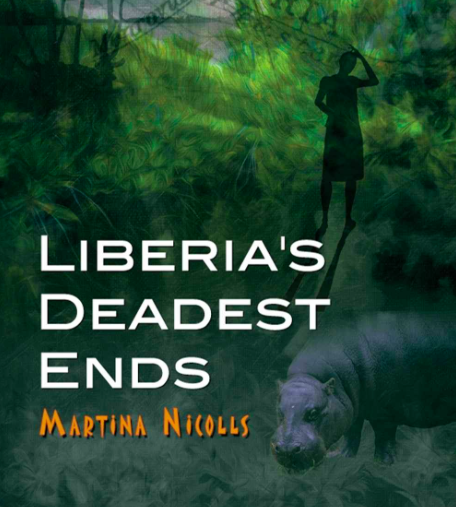
Liberia's Deadest Ends (2013)
@ Amazon.com
Fact-Based Novel Tells of Liberia’s Civil Wars, Quest for Justice, and Search for Truth
Truth in Liberia had become distorted and embellished during its civil wars, to the point that few knew the difference between myth and fact, truth and rumor, and war and peace. Liberia’s Deadest Ends is about trust and truth-telling.
The stunning novel Liberia’s Deadest Ends is set between 2004 and 2012, after the end of two long and bloody civil wars. The country is recovering economically and through government stabilization, truth and reconciliation testimonials of human rights violations, and the trial of its former president, Charles Taylor. The truth is revealed – through the eyes of its people.
As international aid worker Jorja Himmermann monitors the country’s resurgence, she also has her own trust issues and is seeking her own truth: the truth behind the burns on her driver’s body, her British friend’s extradition, whether the country’s elusive pygmy hippos have returned, and the secret life of an itinerant Moroccan journalist. Can Liberia end its brutal past and redefine a future of durable peace? Liberia’s Deadest Ends asks the tough questions.
LIBERIA’S DEADEST ENDS (ISBN: 978-1-62212-700-9) is now available for $21.50 and can be ordered through the publisher’s website: http://sbpra.com/MartinaNicolls or at www.amazon.com or www.barnesandnoble.com
WHOLESALERS: This book is distributed by Ingram Books and other wholesale distributors. Contact your representative with the ISBN for purchase. Wholesale purchase for retailers, universities, libraries, and other organizations is also available through the publisher; please email bookorder@aeg-online-store.com.
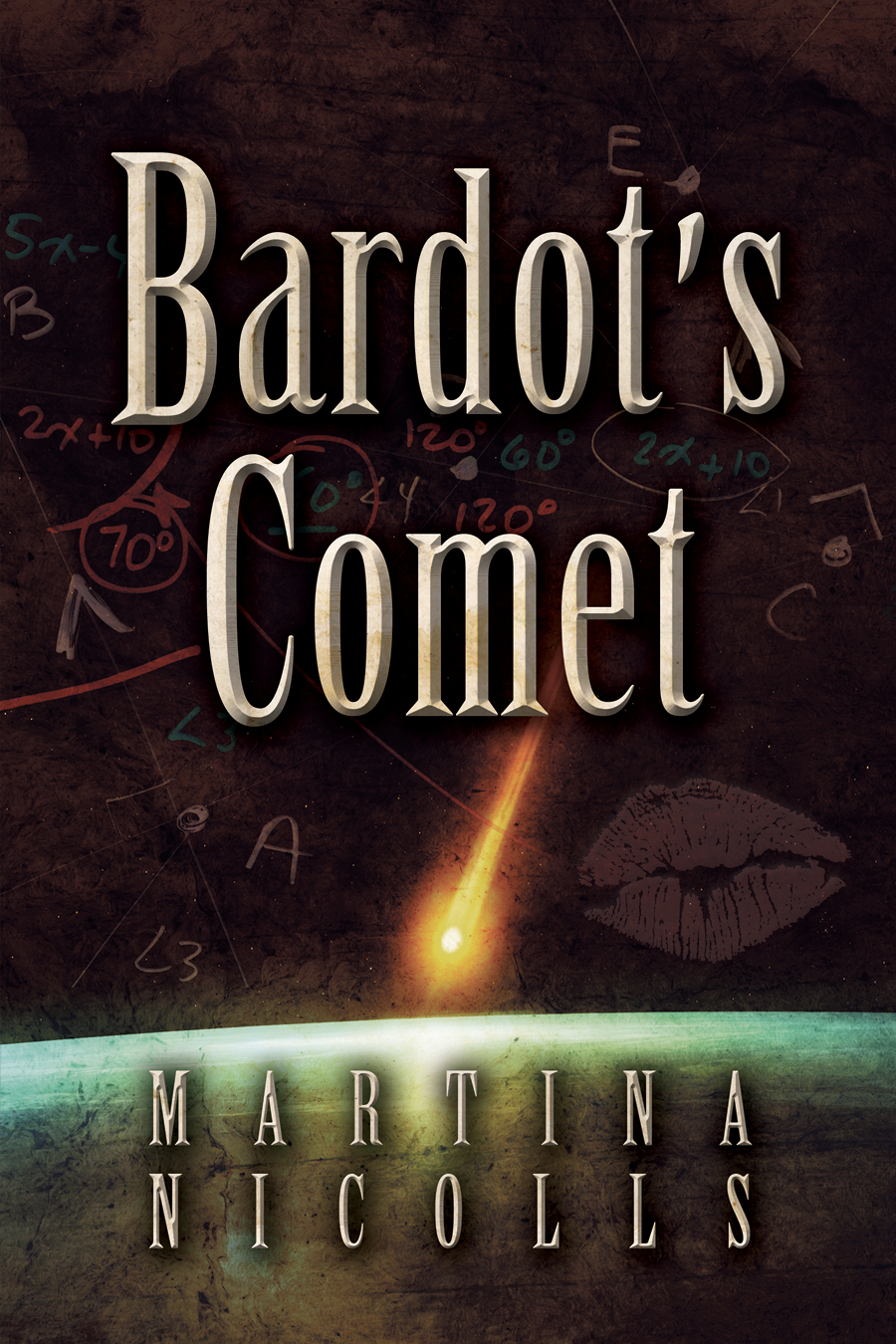 
Bardot's Comet (2011)
@ Amazon.com
2013 National Indie Excellence Book Awards finalist in the Cross-Genre category
My third novel, Bardot’s Comet (2011) is unlike my first two novels, The Sudan Curse (2009) and Kashmir on a Knife-Edge (2010). Bardot’s Comet is not based on my experiences as an aid development consultant. It is an altogether different novel.
BARDOT’S COMET is historical fiction, a literary crime novel, set in Adelaide, South Australia, from 1966 to 1969. It is a period of intense social and scientific change: the rise of feminism and sexual liberation, the Vietnam War, the first lunar landing, the global debate on science versus religion, and the arrival of the Murchison meteorites.
Leonardo Bari is an Italian who migrated to Australia with his parents at the turn of the twentieth century and is employed at the local university as a mathematics professor. He marries his Italian girlfriend and their daughter is born in 1924. His wife dies in childbirth and Leonardo changes his daughter’s name to Prudence.
Prudence is viciously murdered on the day that a comet strikes Murchison in Australia on the morning of September 28, 1969. It is also the thirty-fifth birthday of the French screen siren, Brigitte Bardot, Leonardo’s favourite actress. Prudence changes the name of Murchison’s Comet to Bardot’s Comet.
The simple act of changing names haunts Leonardo Bari as he questions its impact on his daughter’s life. Can changing a name alter one’s destiny? Does the occult art of numerology form an integral part of the cosmic plan for one’s life?
BARDOT’S COMET is Leonardo Bari’s diary of the events from 1966 to 1969, leading up to his daughter’s death. Leon’s journal is an introspective, self-doubting, paternalistic account of his daughter’s life, career, and relationships. The father-daughter mathematicians are a contrast in personalities. Leon is sensitive and old-fashioned while Prudence is tough and progressive. Theories of fate, destiny, and the search for universal truth embrace the aged Italian migrant’s view of the pivotal three years of his daughter’s life. His daughter’s controversial views of mysticism and feminist science receive both adulation and criticism. Her prize science student, Innes Cartwright, denounces science for the priesthood.
Boyish in youth, asexual in adulthood; in her forties, Prudence is unmarried and childless, but at the peak of success as an internationally acclaimed professor of mathematics. Society questions her sexuality and her choice of career over motherhood. Leon questions his choice not to re-marry and his ability to raise a daughter alone.
Leon’s basic fear is that he will lose her to an unsuitable man and yet, at her age, it seems wrong for an Italian not to be married. With traditional concepts of love and marriage, he yearns for his daughter to marry Fabian Rossi, her debonair Italian manager. Prudence, however, invests her emotions in inaccessible relationships: a long-distance relationship with Michael McShane, the itinerant brooding Irish writer; a relationship with the reserved Oswald Danes, a farmer and childhood friend; and a flirtatious relationship with Cyril Silverman, a young, bi-sexual music lecturer and activist.
Fabian accompanies Prudence on a three-month promotional tour of Europe and America but this, to Leon’s frustration, seems to add tension to their relationship. Believing that Prudence wants commitment, Oswald proposes as man lands on the moon in 1969. Prudence visits Michael’s home in England and he subsequently follows her to Australia. Cyril increasingly distances himself from her as his gay lover, Darren, becomes violently jealous.
On September 28, 1969, Professor Prudence Bari is brutally murdered. The Police Commissioner investigates the crime. After Leon’s natural death, the Police Commissioner finds his journal. To set the record straight, the Police Commissioner adds his commentaries to the journal, and the truth is revealed.
Was Prudence Bari’s fate pre-destined? Was it a heinous hate crime; murdered out of anger, jealousy, or for her controversial ideologies? Was Bardot’s Comet the bringer of doom and death? Is Destiny, God, Bardot’s Comet, or Leonardo himself ultimately responsible for Prudence’s fate: her murder?
. Large orders for schools, libraries, and bookstores are available at a discounted price by contacting my publisher, Strategic Book Group on
Title: Bardot’s Comet
Author: Martina Nicolls
ISBN: 978-1-61204-522-1
Number of pages: 242
Paperback and kindle (ebooks)
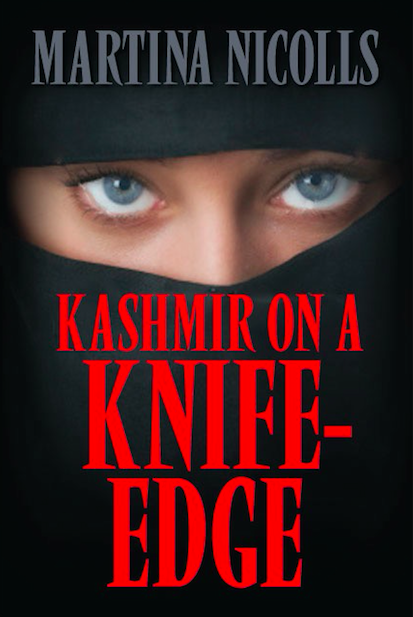
Kashmir on a Knife-Edge (2010)
@ Amazon.com
2012 National Indie Excellence Book Awards finalist in Regional Fiction category

What was it like for a Western woman to work in Kashmir following 9/11? Kashmir has been the key to the dispute between Pakistan and India since their independence from the British in 1947. Each country claims Kashmir as a part of its territory. The year 2002 is a time of heightened conflict between Pakistan and India at the Line of Control; America’s war against terror in Afghanistan; the targeted bombing of foreigners by Muslim extremists in Pakistan; and the search for the murderer of Daniel Pearl, The Washington Post journalist.
Peek into the picturesque, yet troubled Kashmir, a land caught between two conflicting nations. Kashmir on a Knife-Edge, by Australian author Martina Nicolls, is an intriguing novel that balances fact with fiction. Jorja Himmermann is a consultant working in the Pakistan-administered state after international consultants were evacuated from the region in the aftermath of 9/11. She lives in the Sangam Hotel, Muzaffarabad, situated at a unique occurrence of nature: the confluence of two rapidly flowing rivers, one from India and the other from the north of Pakistan. The turbulent river reflects the lives of the Kashmiris, yet it knows no political bounds. It has a sense of direction and cuts its own path to freedom. “Fear the river,” the hotel manager warns Jorja. “It has taken the lives of many Kashmiris because of its rocky bottom and its swiftness. It can freeze a body or pound it to death in a matter of minutes.” Her husband had died in a river while whitewater rafting in New Zealand two years earlier. The river was swollen, the weather was inclement, and he was under-prepared. For Jorja, the river and the moon are impending omens of turmoil and disaster. Tragedy was surely on its way.
It was to be a brief visit to Muzaffarabad: two days. Two days led to three months. Kashmiris befriended Jorja, but it becomes clear to her that, for many of them, friendship is a means to an end. Everyone wants something from her. She, blond and blue-eyed, is the perception of exotic foreign allure, the prospect of sponsorship and money, and an avenue to escape hardship. Jamshid, her colleague based in Islamabad, is seeking to placate the Kashmiri Minister of Education after delays to a donor-funded project; Jahmal, an awkward but eloquent college student, is seeking funds to attend university in England; Ghazala, a young teacher, is seeking an escape from an arranged marriage to her uncle; Mr. Kaliq, a respected Attorney-at-Law, is seeking an extra-marital relationship; Shareef, a businessman, is seeking a domesticated wife; and Gadi, the office typist, wants Jorja to hunt for Osama bin Laden—the greatest terrorist on earth—for the lucrative reward. For a sincere, unconditional friendship, Jorja turns to her Pakistani colleague, Professor Yacoub Ali Lufti, elderly and prophet-like, whose words can be trusted.
The Minister wants Jorja to remain in Kashmir for eight months, and she must re-new her work visa amid officious incompetence. It is also at time of danger. Earthquakes strike fear in the region’s inhabitants; protests by gun-toting patriotic youth are frequent; kidnapping of foreigners is common; and the massacre at an international protestant church in Islamabad puts foreigners on edge. Pakistan borders Afghanistan to the north, India to the east, Iran to the west, and the Arabian Sea to the south. In the northeast is the disputed territory of Kashmir. A rebellion during Independence, or Partition, in 1947 led to the establishment of the Line of Control—a cease-fire line—that bisected the area—and close to the city of Muzaffarabad. To the east of the line is the valley of Kashmir, Jammu and Ladakh administered by India. To the west is Azad Kashmir, which has its own government, although administered by Pakistan. Azad Kashmir is Pakistan’s “Jugular Vein”—strangulation by India would be certain death. Sporadic gun-fire occurred daily at the Line of Control—bullets and land mines killed innocent villagers and children.
The American-led Operation Anaconda continues to hunt down Osama bin Laden—to find him and end Al-Quaeda’s reign of terror. Almost everyone in Kashmir has a theory of where the Taliban—Osama bin Laden’s protectors—are hiding him.
As May begins, American-backed General Pervez Musharraf, President of Pakistan, gains an overwhelming referendum victory giving him another five years in office. It was a controversial win. Higher than expected polling numbers had given the vote legitimacy. Osama bin Laden had not been found. Operation Anaconda had been terminated. The Americans had failed to root him out of the mountains of Afghanistan. Jorja was home in Australia. By June the United States peace envoy said he expected India to take steps to cool the conflict with Pakistan. India announced it would resume cricket matches with Pakistan. The sport-loving people of both nations cheered the good news. But the crisis was not over. A veteran of Kashmir’s independence struggle warned India and Pakistan not to carve up the Himalayan region, arguing that independence remained the only solution. The Jammu Kashmir Liberation Front said both India and Pakistan were denying Kashmiris the right to self-determination, believing they were only interested in the land for tourist and strategic reasons. Restraint prevailed on both sides. Discussions continued. All was not lost.
The Komodo Verses: Dragon Poems (2012)
@ Amazon.com
The Komodo Verses is a children's poetry book with 18 poems dedicated the the Komodo dragon, the world's largest dragon, found only on the island of Komodo in Indonesia. On each page is a colour photograph of the Komodo dragon with a poem in scientific terms - its scientific name, about its habitat, how large it grows, what it weighs, how young dragons are born, how it walks, what it eats, and even the colour of its poop.
THE KOMODO VERSES: DRAGON POEMS (ISBN: 978-1-61897-650-5)
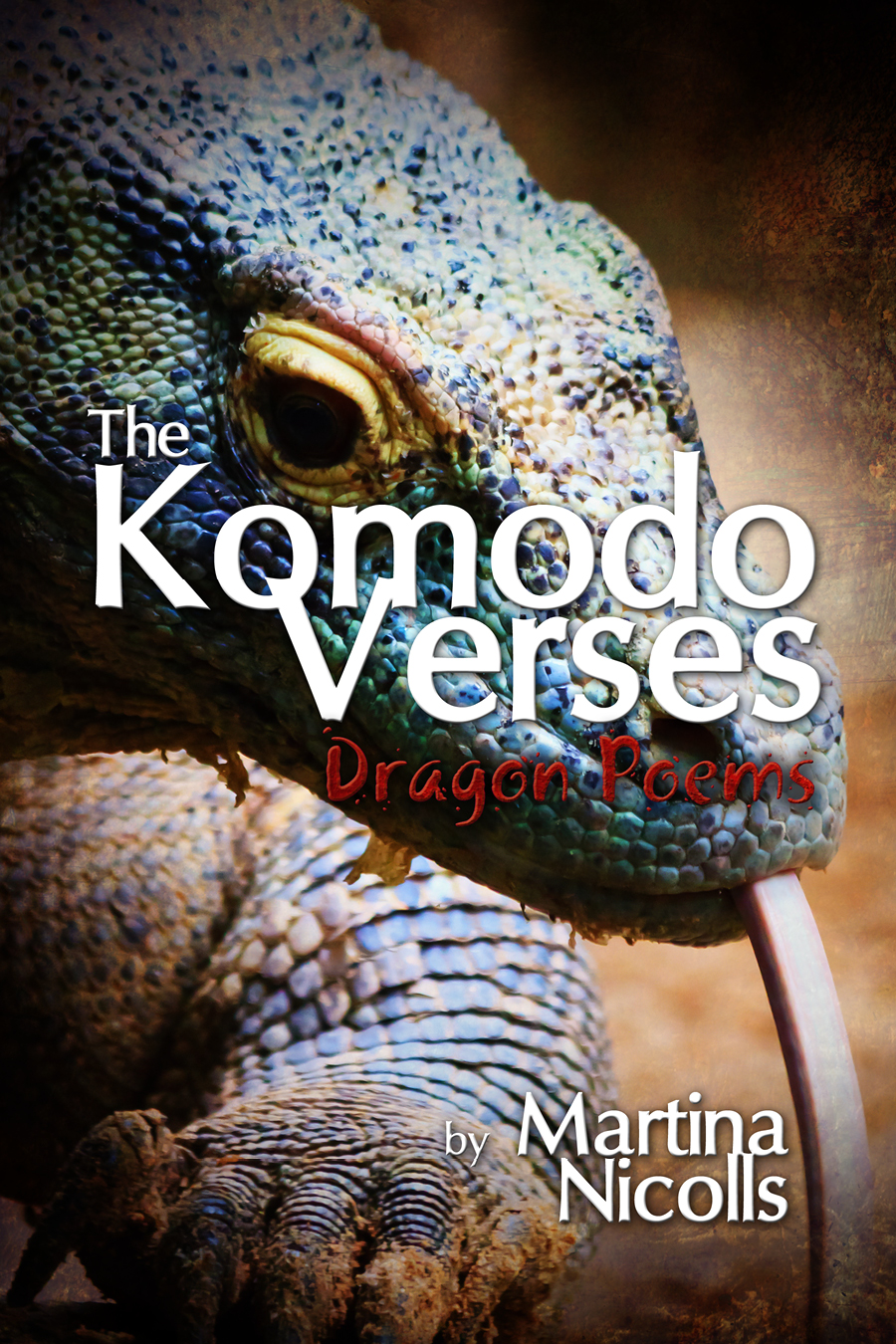
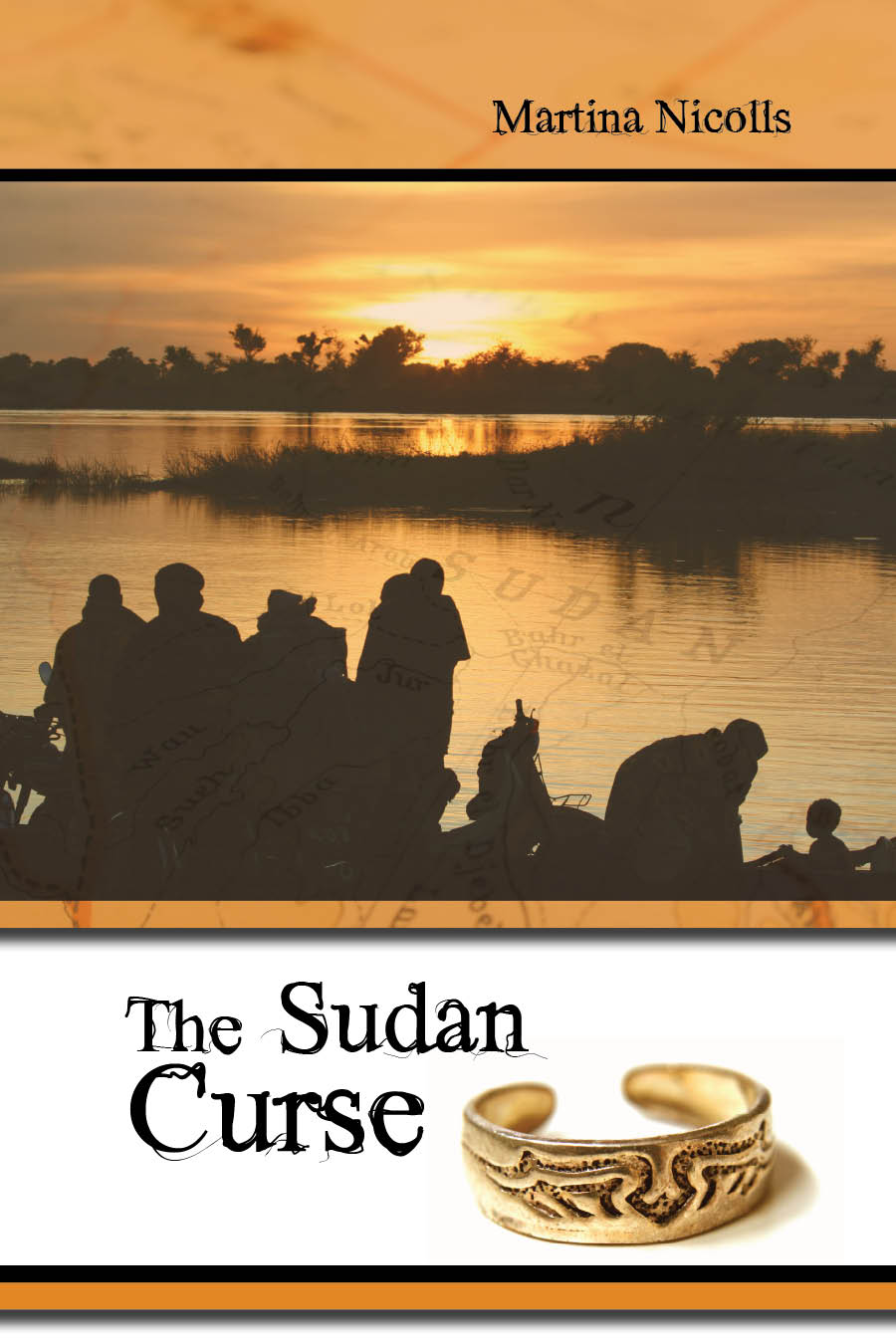
The Sudan Curse (2009)
@ Amazon.com
2012 National Indie Excellence Book Awards finalist in the Faction category
The Sudanese say that they can find out how a story ends, but will never know where it began.
A fictionalised account of the author in Sudan, The Sudan Curse mixes equal parts Indiana Jones-style action adventure and the wise-cracking humour of M.A.S.H. to tell the tale of Australian aid worker Jorja Himmermann and her work in Sudan as it emerges from twenty years of civil war. Jorja arrives in the country with an ancient ring in her possession which was mysteriously placed there while she was in Cairo. The ring acts as a prism through which she views all subsequent events – bandits, sexual predators, avalanche, bombs, diseases, snakes, flooding, stalkers, love and friendships – prompting her to wonder if it is a positive omen or a curse for her.
The Sudan Curse also relates the emotional trauma of her colleague, Ethan Kawaja, a lost boy of Sudan who returns to his homeland after twenty years in exile to assist in its development. He believes he has been cursed and Ethan believes in curses.
The Sudan Curse is more than a book on the lifestyle of a foreign aid worker. It is more than an insight into complex political conflicts. It is essential reading for anyone who wants to know more about Sudan and the human condition under crisis.
Thank you for writing a book on Sudan and for having a great interest in Africa. I found that your book is reflective of the experiences of every Sudanese refugee and migrant in the West. (J. Akec, London)
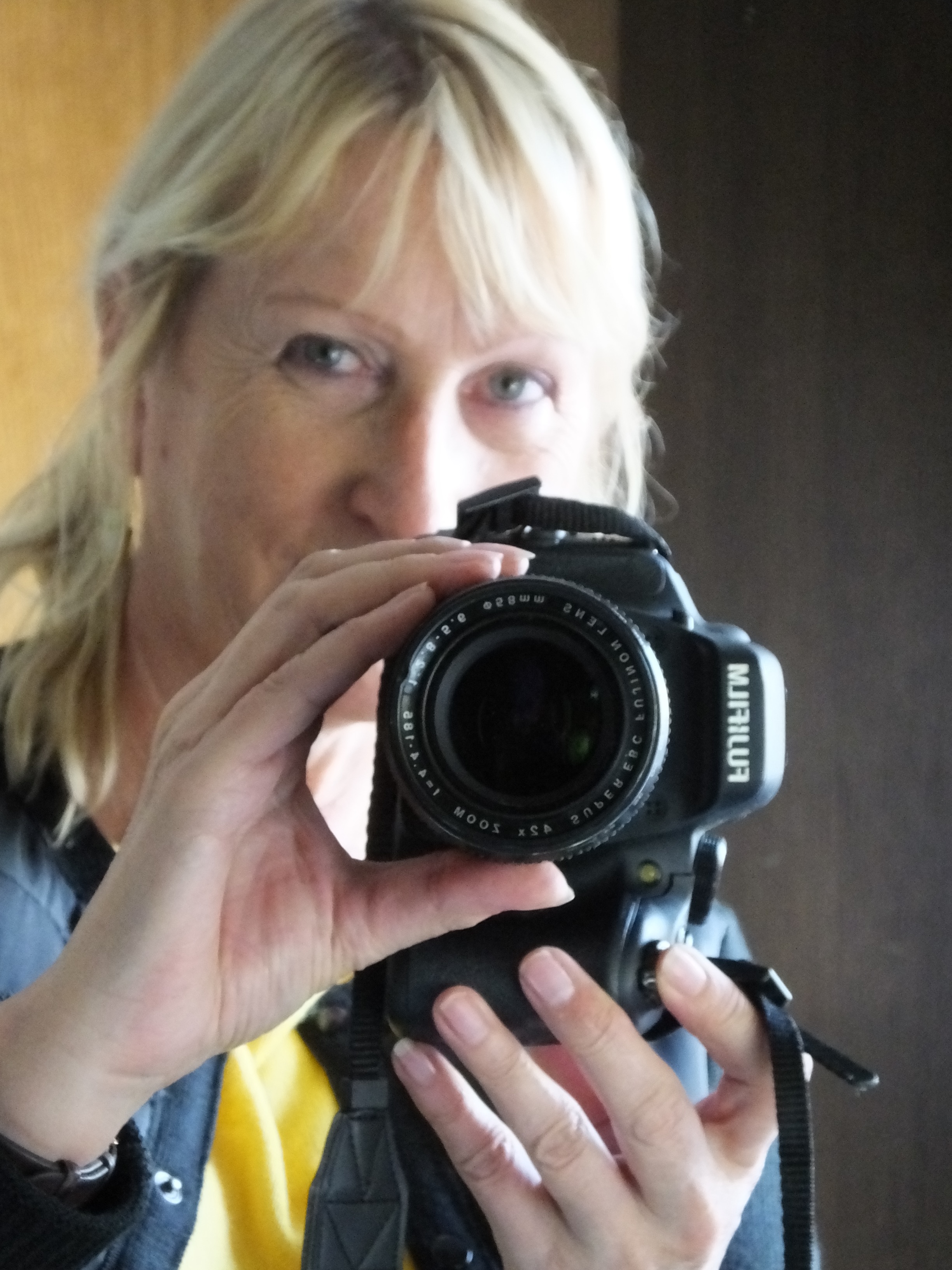
FUNDRAISING OPPORTUNITY - UP TO 50% PROFIT
A book is an excellent fundraising item. A book is inexpensive. It is a great gift or present. Everyone enjoys a book or knows someone that does. And, books are easy to sell, deliver, and account for. In short, books are great for fundraising. My books can be used as a fundraiser for your organization. My publisher is very supportive of this idea as well and will assist you.
Our wholesale price to you is one-half the retail price. You can choose the price/profit that you sell to your members. You will receive the difference. If you sell it for the full price, you make about $15 per book sold.
Your participation can be simple and easy. We simply setup a specific buying webpage that will track sales to your members and then we send you a payment each month. All you have to do is feature it on your website and include it in your literature. We have a number of very creative ways to assist you in getting the word out.
I look forward to hearing from you.
Martina Nicolls
|